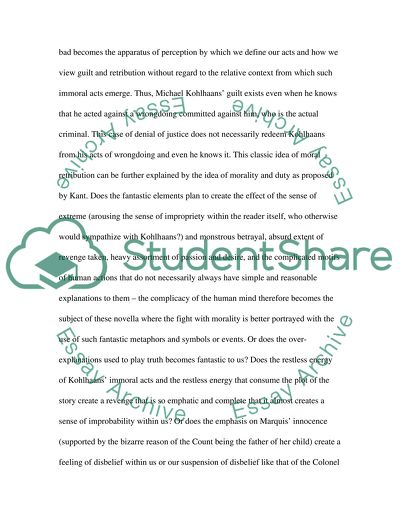Cite this document
(“Portrayal of Guilt and Retribution Essay Example | Topics and Well Written Essays - 2250 words”, n.d.)
Retrieved from https://studentshare.org/philosophy/1517195-portrayal-of-guilt-and-retribution
Retrieved from https://studentshare.org/philosophy/1517195-portrayal-of-guilt-and-retribution
(Portrayal of Guilt and Retribution Essay Example | Topics and Well Written Essays - 2250 Words)
https://studentshare.org/philosophy/1517195-portrayal-of-guilt-and-retribution.
https://studentshare.org/philosophy/1517195-portrayal-of-guilt-and-retribution.
“Portrayal of Guilt and Retribution Essay Example | Topics and Well Written Essays - 2250 Words”, n.d. https://studentshare.org/philosophy/1517195-portrayal-of-guilt-and-retribution.


